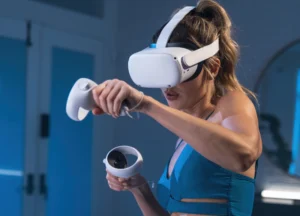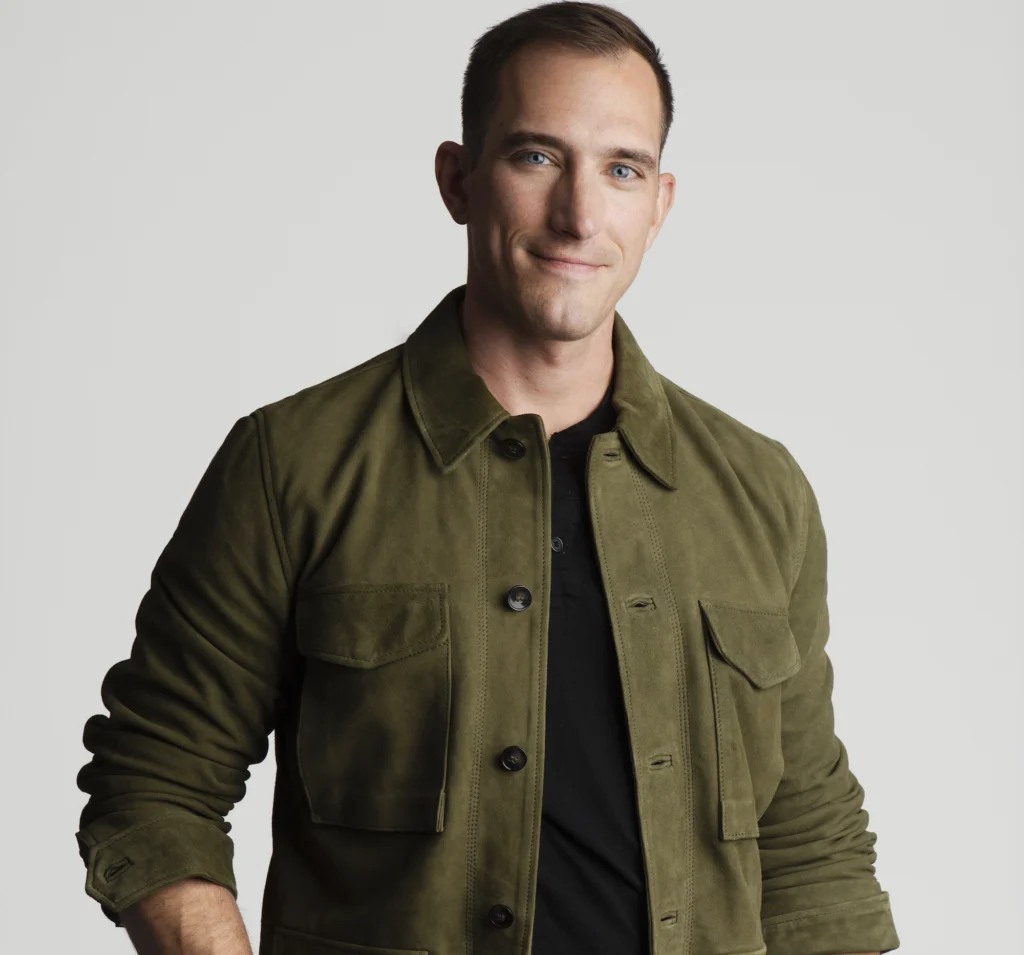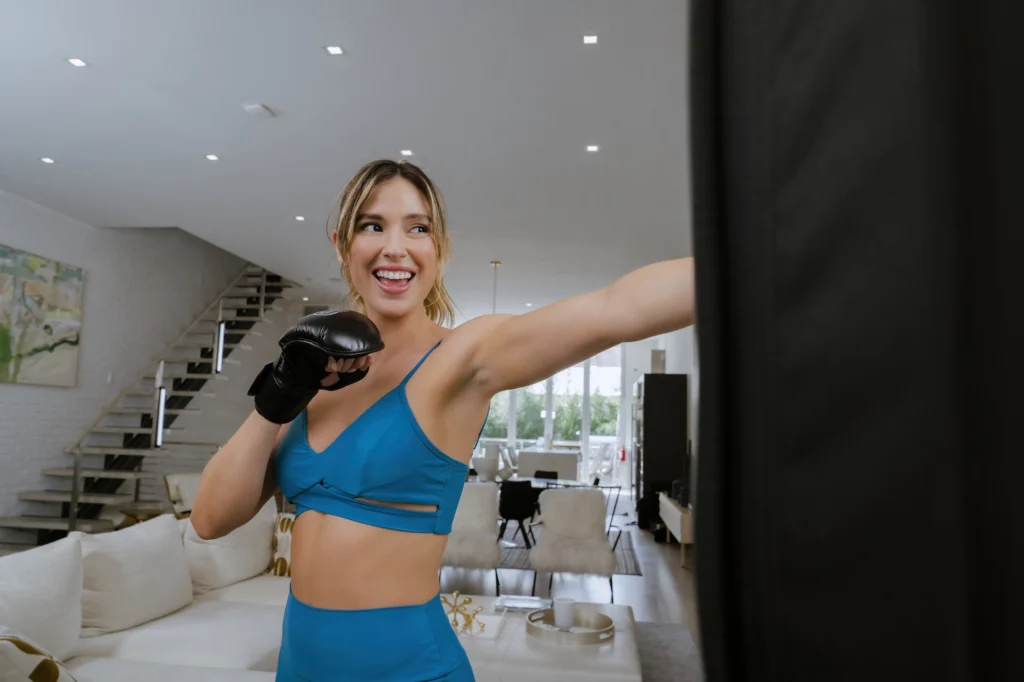
Jeff Morin, CEO of Litesport, shares what’s next for the VR fitness company, including participation in a Parkinson’s research trial
Litesport, formally Liteboxer, has upended the at-home, virtual reality fitness landscape, casting real trainers into users’ personal spaces to deliver strength, total body and boxing workouts — and things are just heating up, with the brand eyeing the healthcare space.
Having been selected last year by Xponential Fitness to develop Xponential’s new virtual and mixed reality app for Meta Quest, Litesport co-founder and CEO Jeff Morin says 2024 is shaping up to be even better for the VR/MR fitness company.
An MIT-educated engineer and certified personal trainer with an eye for both physical and technological performance, Morin shared that Litesport doubled its active subscriber base in January and was on track for similar growth in February.
Healthcare Applications
“Our roadmap includes expanding partnerships and venturing into healthcare, highlighted by our participation in a clinical trial for Parkinson’s research,” Morin tells Athletech News. “Additionally, we’re advancing our technology with AI-based body tracking and enhanced HD video to deliver an even more immersive and effective fitness experience.”

To hear Morin tell it, the future of VR fitness is both bright and boundless.
“As technology advances, we anticipate VR headsets becoming more compact and user-friendly, further enhancing the fitness experience,” he predicts. “Mixed reality will blur the lines between the virtual and the tangible, enabling users to interact with gym equipment in new and innovative ways.”
Of course, as with any emerging technology, artificial intelligence will also play a significant role in the VR/MR evolution, which Morin says will offer ultra-personalized workout experiences and sophisticated body tracking metrics.
“At Litesport, we are at the forefront of these developments, integrating AI and mixed reality to make traditional gym equipment ‘smart’ and to provide personalized coaching that adapts to each user’s unique fitness journey,” he said.
Motivating More People To Work Out
Apart from its groundbreaking foray into healthcare, Morin notes that Litesport has empowered countless fitness enthusiasts by removing the traditional barriers to gym access with a welcoming, intimidation-free environment. The brand also introduced a “Standard Tier” subscription at $8.99, which Morin points out makes Litesport the most competitively priced app in the Quest market.
“This inclusivity extends to individuals who may feel uncomfortable or are physically unable to attend in-person gym sessions,” he explained. “By leveraging VR technology, we make it possible for users to experience the benefits of a gym from the comfort and privacy of their own homes. For instance, someone hesitant to step into a boxing gym can now immerse themselves in a virtual boxing experience, gaining confidence and skills in a supportive setting.”

Litesport offers over 2,000 on-demand classes in modalities including boxing, strength and total body. Through the powers of virtual and mixed reality, the platform also democratizes access to top-tier fitness trainers, a luxury Morin points out was previously a luxury available to few.
“Through gamification and interactive elements, we also introduce an element of motivation and engagement that traditional fitness methods may lack,” Morin added.
More To Come
Morin sees boxing and beat-based workouts as the most on-trend VR fitness modalities, which he says appeal particularly to the newly adopted gamer demographic. But what sets Litesport apart is that it offers live, real trainer-led workouts for an immersive experience enhanced with proprietary hand-tracking technology that allows for using real dumbbells — a first in the VR fitness space.
“Looking forward, we anticipate a diversification of popular modalities as users seek more varied and comprehensive fitness solutions,” Morin said.
Litesport’s VR fitness tech also has an edge over conventional fitness methods, with precision movement tracking, motivation, accountability through progress tracking and multiplayer experiences.
“These features, combined with the ability to exercise in various virtual settings, keep workouts fresh and exciting,” Morin said. “Our approach to VR fitness emphasizes not just gamification but functional fitness, making exercise both fun and genuinely beneficial.”
